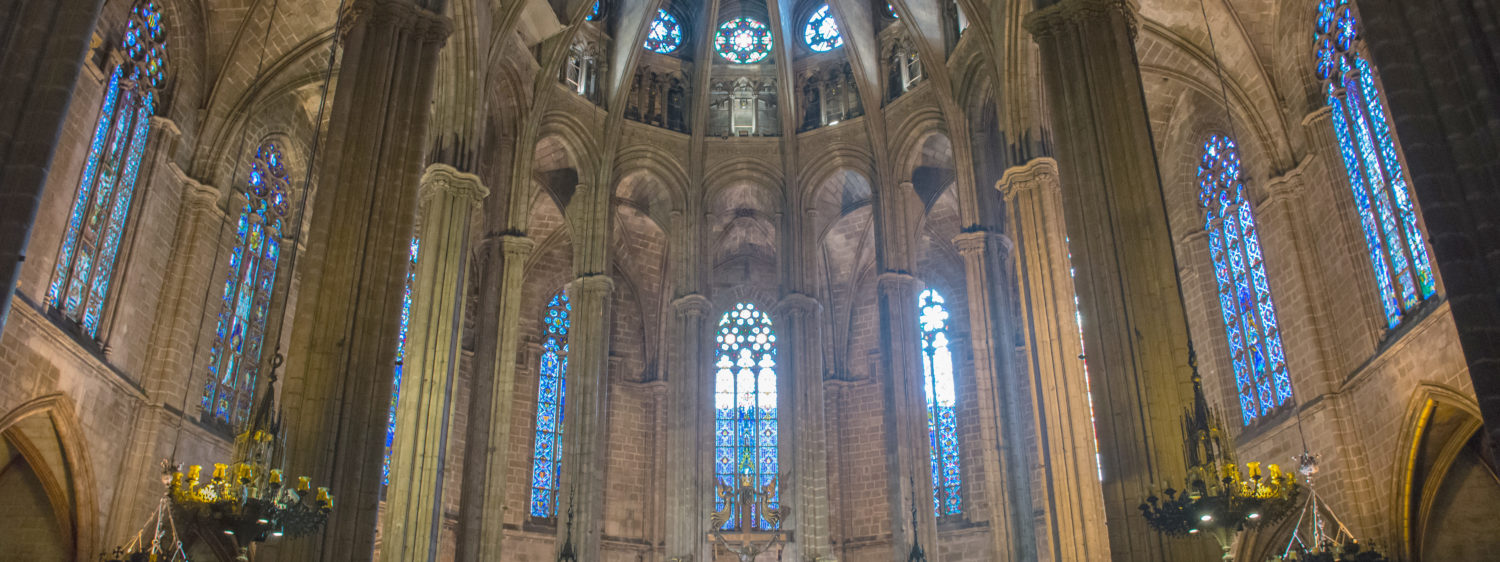by Margarita Mooney Clayton on October 26, 2020
Below are some resources for further reading on lectio divina and a contemplative approach to learning.
1. Understanding the modern problem of attention and how it affects learning
Neil Postman, 2005 [1985]. Amusing Ourselves to Death: Public Discourse in the Age of Show Business. New York: Penguin Books.
(See especially chapters 1, 2, 6 and 11 on how medium of television changes learning and affects society.)
Matthew Crawford, 2016. The World Beyond Your Head: On Becoming and Individual in the Age of Distraction. New York: Farrar, Straus, and Giroux.
(See especially Chapter 1, “Attention as a Cultural Problem.”)
2. What lectio divina is and how it is related to learning
Jean Leclercq, OSB. 1974 [1961]. The Love of Learning and the Desire for God: A Study of Monastic Culture. New York: Fordham University Press.
Chapter 1 discusses the importance given to lectio divina by Benedictine monks. Pages 211-217 have inspiring sections on about personal experience and growing in knowledge, love and wisdom. Chapter 7 describes liberal studies in monasteries, including humor, playfulness, memorization, recitation and appreciation for non-Christian works.
Michael Casey. 1996 [1995]. Sacred Reading: The Ancient Art of Lectio Divina. Liguori, Missouri: Ligouri Press.
Chapter 1 gives a brief overview why it’s hard to do lectio divina today. Chapter 3 explains lectio as a method for reading sacred scripture and explains the use of the intellect, memory, conscience and spirit in lectio divina as illustrated on the table in p. 57, “The Four Moments of Lectio Divina.”
Joseph Pieper. 1963 [1952]. Leisure the Basis of Culture (including the Philosophical Act). San Francisco: Ignatius Press.
The forward by James Schall, S.J. discusses why this book is significant due to our lack of wonder at the world today. In Pieper’s introduction to the English edition and part 1 on the book, he lays out the argument as to why intellectual “work” is a bit of a misnomer and argues for seeing intellectual labor as contemplative.
3. Applications of Lectio Divina or Contemplative Reading to Education and Pedagogy
Stephanie Pausell. 2019. “Lectio Divina.” Chapter 4 (pp. 43-53) in The Soul of Higher Education: Contemplative Pedagogy, Research and Institutional Life for the Twenty-First Century. Margaret Benefiel and Bo Karen Lee, editors. Information Age Publishing.
In this chapter, a Harvard Divinity school professor shares her wisdom gained from using lectio divina to help students learn the skills of close reading of a text and opening themselves to be transformed by the texts they read.
Elizabeth Corey. 2019. “Achievement and the Christian Life.” Published by the Initiative on Faith and Public Life of the American Enterprise Institute.
In this piece, Corey argues that liberal learning should be guided by a kind of disinterestedness, but that many aspects of contemporary culture, including Christian culture, encourage an implicitly instrumental or activist approach to learning. https://faithandpubliclife.com/achievement-and-the-christian-life/
Luigi Giussani. 2019. The Risk of Education: Discovering Our Ultimate Destiny. Montreal: McGill-Queen’s University Press.
Read especially the foreword by Stanley Hauerwas about the fragmentation of the curriculum in much of education. Giussani’s Preface and the Introductory Thoughts lay out a vision of education as awakening our desire to know all of reality through an adventurous journey that requires elements such as tradition, provocation, reason, experience and authority.
4. Additional Resources by Margarita Mooney on these topics
Print Articles and Blogs
Margarita A. Mooney. “The Benedictine Charism as Poetry: Sacramental Living that Sows the Seeds of Order.” Introduction to A Benedictine Education: A Collection of Essays but Saint John Henry Newman. Providence, Rhode Island: Cluny Media, 2020. This piece was reprinted in Church Life Journal on October 16, 2020.
https://churchlifejournal.nd.edu/articles/the-poetic-body-of-the-benedictine-charism/
Margarita A. Mooney. “The Love of Learning and the Lay Desire for God.” Published online in Church Life Journal. November 6, 2019. https://churchlifejournal.nd.edu/articles/the-love-of-learning-and-the-lay-desire-for-god/
Margarita A. Mooney. “Tradition and Authority in the Luigi Giussani’s Educational Method.” Published by the online journal Public Discourse, April 15, 2019. https://www.thepublicdiscourse.com/2019/04/50901/
Margarita A. Mooney. “Fighting the Burnout Culture: How Personalist Philosophers and Benedictine Monks Can Help Stressed Out College Students.” Published by the online journal Public Discourse, August 28, 2018. https://www.thepublicdiscourse.com/2018/08/39415/
Webinars
May 8, 2020. George Harne, Magdalene College and Margarita Mooney. Liberal Education and Beauty co-sponsored by the Abigail Adams Institute and the McGrath Center for Church Life at Notre Dame) (https://www.youtube.com/watch?v=nptO1mwC5AI
May 21, 2020. Timothy O’Malley, University of Notre Dame and Margarita Mooney. Experiential Education: Comparing John Dewey and Luigi Giussani Co-sponsored by the McGrath Center for Church Life at Notre Dame and the Pepperdine School of Public policy) https://www.youtube.com/watch?v=2Fp9PnQbcaY
June 15, 2020. Elizabeth Corey, Baylor University and Margarita Mooney. “Learning in Love: Authentic Friendships and Liberal Learning.” Co-sponsored by The Pepperdine School of Public Policy. https://www.youtube.com/watch?v=D8psFHD5eG0&list=PLRZHnw30gpFfQ6vHBHVIy6jdc1duiEijW&index=2
